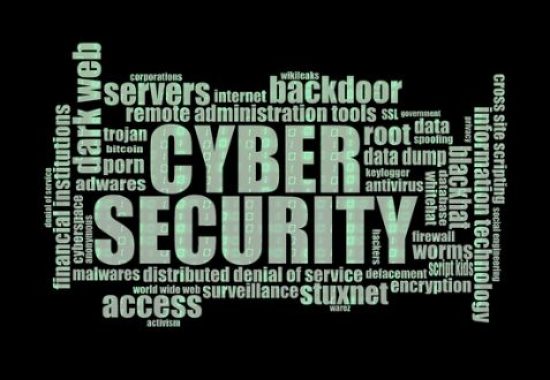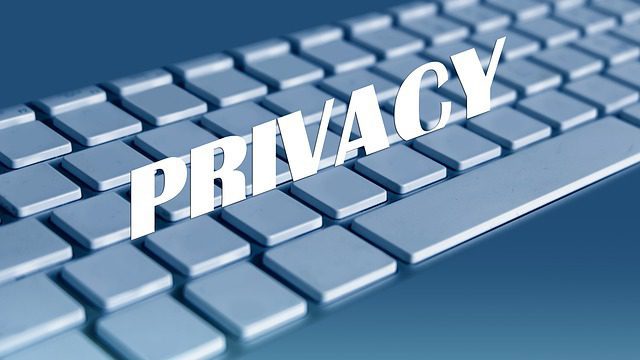
Healthcare organizations are in a unique situation when it comes to maintaining information security. The nature of the industry demands that it be able to offer fast and effective care, which can be disrupted by a data breach. It is important for providers to have a basic understanding of why information security is so important for healthcare providers and their patients.
Information security is critical in healthcare for a number of reasons. First and foremost, patient health and safety are at stake. Healthcare organizations hold a wealth of sensitive data, including patient medical records, financial information, and personally identifiable information. If this data falls into the wrong hands, it could be used to commit identity theft, fraud, or other crimes.
Additionally, healthcare organizations are subject to stringent regulations regarding the protection of patient data. The Health Insurance Portability and Accountability Act (HIPAA) imposes strict requirements on how patient data must be safeguarded. Violations of HIPAA can result in significant fines and penalties.
Finally, healthcare organizations rely heavily on technology to care for patients and manage their business operations. This reliance makes them vulnerable to cyberattacks that could disrupt operations or expose sensitive data. Security compliance is critical to protecting healthcare organizations from these threats. You can educate yourself more on this site or through various online resources. Keep in mind that cyberattacks can happen at any time, so you need to be prepared.
There are many reasons why healthcare systems are vulnerable to security attacks. One reason is that healthcare organizations often have large amounts of sensitive data that can be attractive targets for cybercriminals. Another reason is that healthcare systems tend to be complex, with many different types of devices and software applications that can be difficult to secure. Additionally, healthcare systems typically have numerous external connections to other networks and systems, which can provide opportunities for attackers to gain access.
One of the most significant vulnerabilities in healthcare systems is the use of outdated or legacy software and hardware. Many healthcare organizations continue to use older versions of software and hardware because they are expensive to replace or upgrade. However, these older systems may not have the same security features as newer versions, making them more vulnerable to attack. Additionally, hospital staff may not be properly trained in how to use and secure newer technologies, further increasing the risk of a successful attack.
Healthcare organizations must take steps to improve their information security in order to protect themselves from cyberattacks. Some measures that can be taken include implementing strong authentication methods, encrypting sensitive data, and regularly testing security controls. Additionally, it is important for hospital staff to receive proper training on how to use and secure new technologies. By taking these measures, healthcare organizations can help reduce the risk of a successful security attack.
Data privacy and protection are critical issues in healthcare. Health information is some of the most sensitive data that exists, and it needs to be protected from unauthorized access and disclosure.
There are a number of federal laws that govern data privacy and protection in healthcare, including the Health Insurance Portability and Accountability Act (HIPAA). HIPAA establishes national standards for the protection of health information.
Covered entities, such as hospitals, clinics, and insurance companies, must implement safeguards to protect the confidentiality, integrity, and availability of health information. They must also provide patients with access to their own health information.
In recent years, there have been a number of high-profile data breaches in healthcare. These breaches have exposed the sensitive personal data of millions of people and have raised serious concerns about the security of health information.
The good news is that there are steps that covered entities can take to improve their information security practices. By implementing strong security measures, they can help protect patient data from unauthorized access and disclosure.
Healthcare organizations are under constant attack from cybercriminals seeking to exploit vulnerabilities in their systems. In response, healthcare organizations must implement strong and effective information security strategies to protect patient data and other sensitive information.
An effective information security strategy will help healthcare organizations to better defend against attacks, minimize the impact of an attack if one does occur, and improve their overall security posture. To be effective, an information security strategy must be tailored to the specific needs of the organization and must be regularly updated as the threat landscape evolves.

Healthcare is one of the most important industries in terms of information security. With so much sensitive data being exchanged on a daily basis, it’s crucial that all healthcare organizations have robust security measures in place to protect patient information. By understanding the importance of information security, healthcare organizations can make sure that their patient’s data is safe and secure.